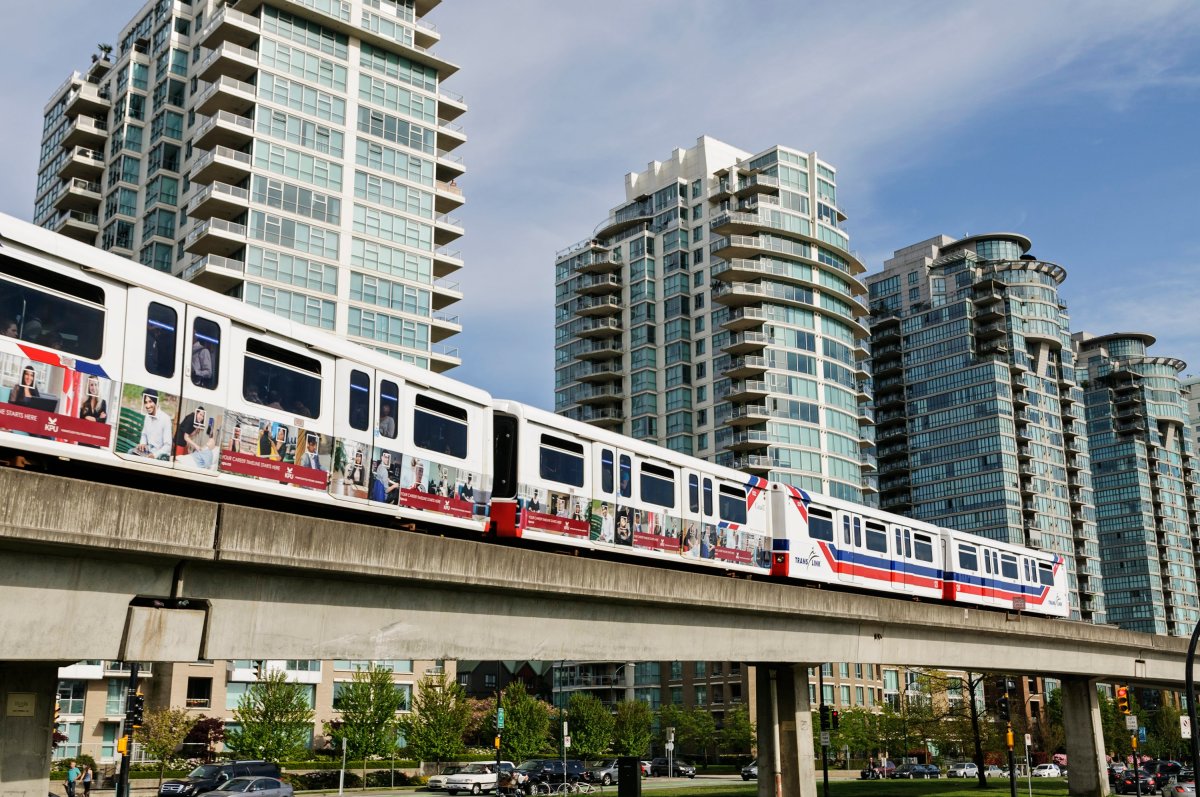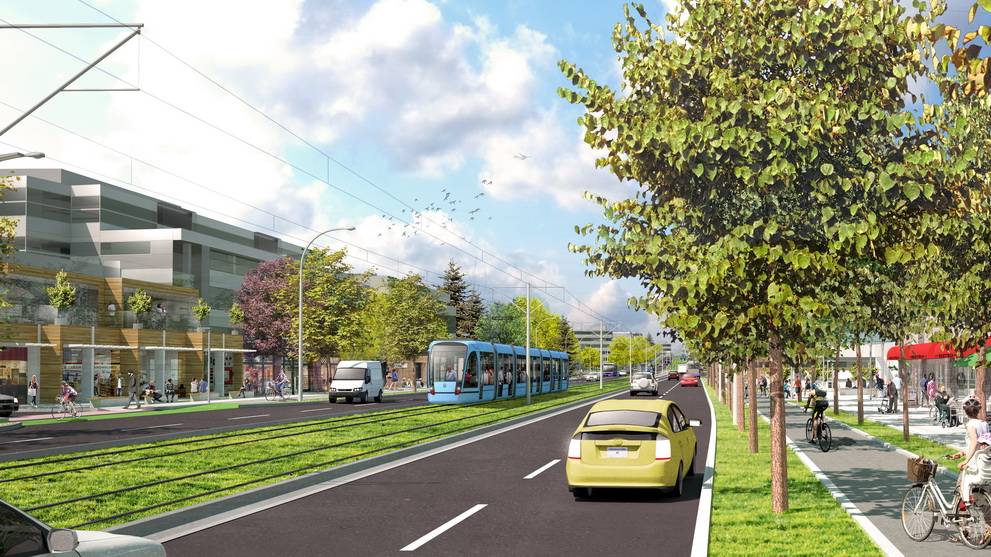The Metro Vancouver Mayors’ Council is eyeing B.C.’s carbon tax as a possible solution to its transit funding problems.

The provincial and federal governments have each agreed to cover 40 per cent of the costs for the second phase of the council’s ambitious 10-year-vision, which includes light rail for Surrey and a Broadway subway for Vancouver.
READ MORE: Metro Vancouver transit and transportation gets $2.2 billion from federal government
However, Metro Vancouver remains on the hook for the remaining 20 per cent, including a $60 million to $80 million annual gap in funding that no one has figured out how to fill yet.
Now, the mayors are hoping to receive a slice of the the carbon tax in an effort to pave over that gap.
“If we’re able to come to a conclusion on a funding source for that, that’s the final hurdle that’s going to allow us to move forward with the next major investments from the Broadway subway line to light rail south of the Fraser River,” New Westminster Mayor Jonathan Cote said on Thursday.
The council argues the $5 per tonne increase that the NDP is adding to the carbon tax between 2018 and 2022 would generate $19 million the first year, and as much as $90 million per year by the end of that period.
Turning to the carbon tax is a shift from the council’s previous key funding mechanism of raising property taxes, a method Cote said appears to be a non-starter with residents.
“Our budget submission to the provincial government has strongly indicated that a portion of the carbon tax is an appropriate way to fund new transit investments in Metro Vancouver,” he said.
B.C.’s NDP government announced the increase to the carbon tax in its September budget update; it also announced that the tax would no longer be revenue neutral.
That change means that instead of any increase in the carbon tax resulting in a decrease to income taxes, the money can now be earmarked for green initiatives.
CKNW has reached out to the Ministry of Environment for comment on the Mayors’ Council’s proposal.










Comments